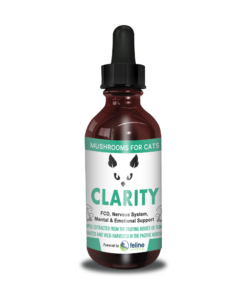Cat’s are such stoic beings and have a way of hiding health issues until things are really bad. They are masters of disguise because they are both predators and prey, instinctively. In the wild, showing weakness make them vulnerable to predators. This is no different for our indoor kitties. Keeping a cat health journal is the easiest way to be able to detect and correct health issues before it’s too late. Prevention is always the best medicine.
Keeping a cat health journal helps us become more observant of our kitty’s daily habits and behaviors. Cats are creatures of routine, so any deviations from their usual patterns can be a red flag. By documenting changes in their behavior, eating habits, litter box usage, and overall demeanor, we create a comprehensive record that can provide valuable insights into their health.
Behavior Changes
Behavioral changes can be early indicators of underlying health issues. For example, a typically playful cat suddenly becoming lethargic or withdrawn could signal pain or discomfort. Increased vocalization, excessive grooming, or suddenly fighting with other cats are also worth noting in your journal. By writing down these simple observations, we create a timeline that can help our veterinarians pinpoint potential issues more efficiently.
Eating Habits & Eliminations
A cat’s appetite and litter box habits are key indicators of their overall health. Changes in appetite, such as sudden lack of interest in food, may point to digestive problems, dental issues, or other medical concerns. Likewise, monitoring litter box usage can reveal changes in urine or stool consistency, which can indicate issues like urinary tract infections or gastrointestinal issues.
Overall Demeanor
If your cat is typically an energetic crazy kitty and lately has been sleeping more or just not interested in playing, this is also worth noting in your cat health journal. Anytime you see your cat’s overall demeanor change – write it down. While it may not be a big health concern, this doesn’t happen for no reason.
Tips for Keeping a Cat Health Journal
- Use whatever is easiest for you – paper or phone. Just keep it organized and easy to find.
- Set a reminder for journal entries each week or even month.
- Include data like day, time, or what they ate that day.
- Take photos or videos if you notice physical changes and add them to the journal.
- Share the journal with your veterinarian when you take in your kitty for their annual check-up. You’ll become your vet’s favorite client. 🙂
Keeping a journal dedicated to tracking your cat’s health is a small but powerful step towards being a proactive cat parent. By paying attention to their daily routines and documenting any changes, we can catch health issues early, ensuring our kitties lead happy, healthy lives for years to come.




Recent Comments